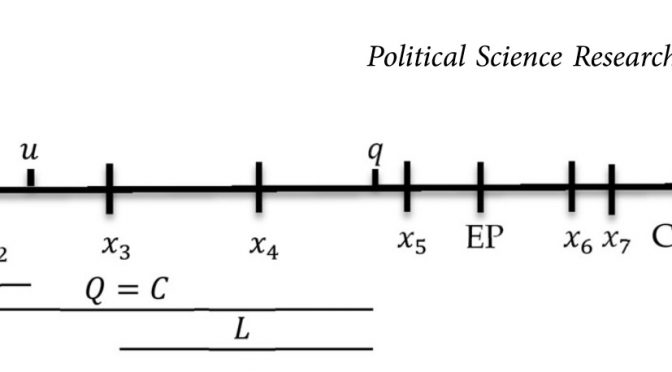We assess the accuracy of procedural and bargaining models in predicting the outcomes of the reforms of the economic governance of the European Union (EU) that took place between 1997 and 2013. These negotiations were characterized by high costs of failure. We confirm the accuracy and robustness of the compromise model, but a procedural model with a costly reference point performs well, indicating that misestimation of the no-agreement cost may be a reason for its commonly reported poorer accuracy. However, this model is more sensitive to measurement errors. We also show how both models contribute to understanding bargaining success and how the conditional influence of the European Parliament should not be ignored. We conclude by discussing the implications of these results for our understanding of the EU.
Franchino F and Mariotto C (2022) Bargaining outcomes and success in EU economic governance reforms. Political Science Research and Methods 10(2). 2021/07/15 ed. Cambridge University Press: 227–242. DOI: 10.1017/psrm.2021.26.
